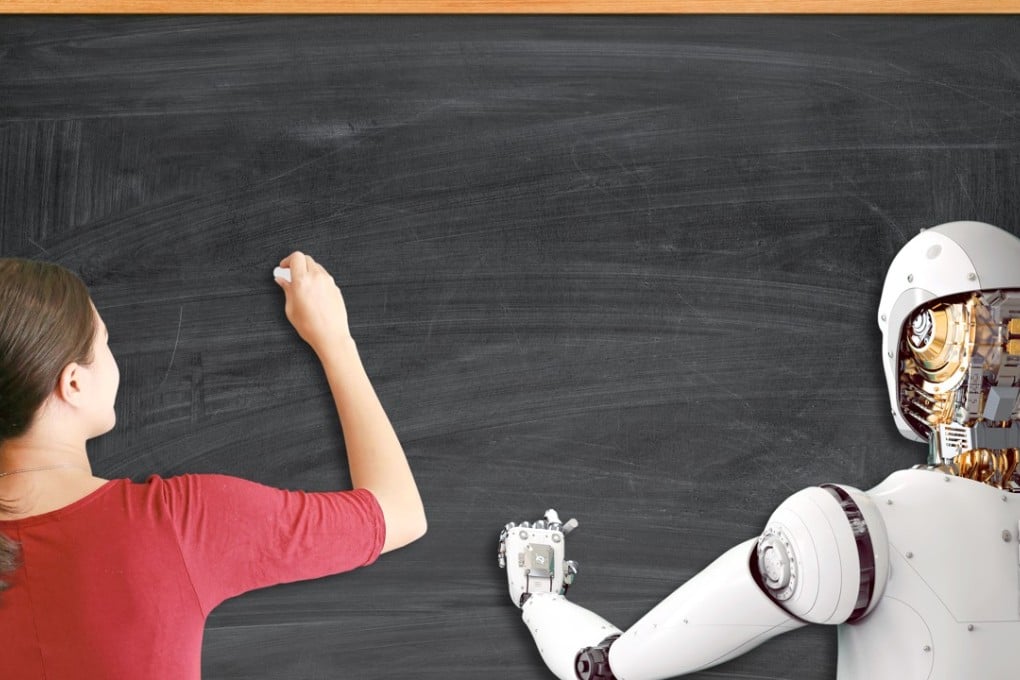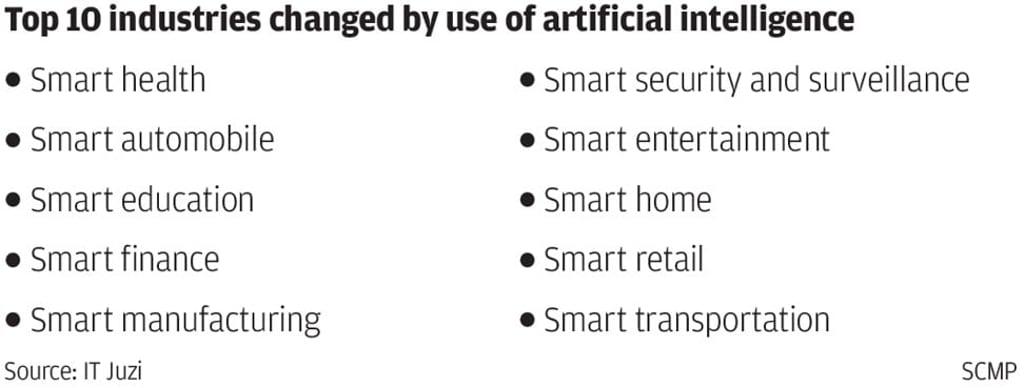China wants to bring artificial intelligence to its classrooms to boost its education system
How the take off of AI-enabled education will affect the interaction between China’s 14 million teachers and 188 million pupils

For Peter Cao, who has dedicated 16 years of his career to teaching chemistry in a high school in central China’s Anhui province, in every teacher there lives a “doctor”.
He spends two to three hours a day grading assignments, a process the 38-year-old describes as “diagnosing”.
“By reviewing the homework of my pupils, I can have an overall picture about their understanding of the lessons I give,” Cao said, adding that this “diagnosis” helps him draw up a teaching plan for the following day.
But if the Chinese online education start-up Master Learner has its way, Cao and his 14 million fellow teachers in China will be able to hand this time-consuming review process to a “super teacher”, a powerful “brain” capable of answering nearly 500 million of the most tested questions in China’s middle schools as well as scoring high points in each Gaokao test, China’s life-changing college entrance exam, for the past 30 years.

“It used to be very difficult to have both efficiency and quality in education. With AI, we can make it happen,” said Zhang Kailei, the founder and chief executive of Shanghai-based Master Learner, which has a valuation of more than US$100 million.